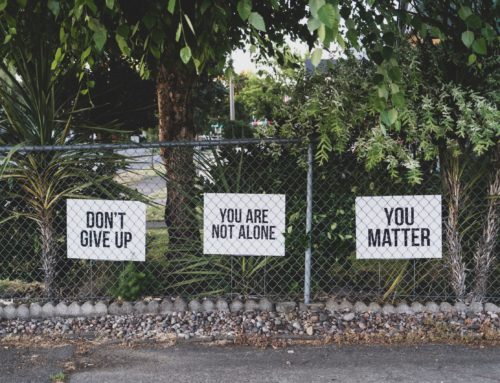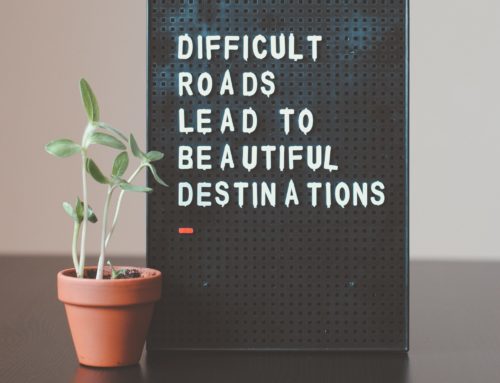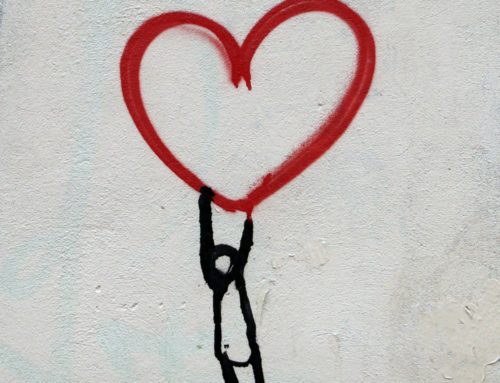3 Hidden Dynamics.
Addiction wreaks havoc on everyone it touches, regardless of the vice, person, or family. Conversely, recovery from addiction can offer a life more fulfilling than ever imagined. That’s true for the person caught in the web of addiction and for the loved ones who care for that person.
Addiction is an equal opportunity destroyer. This cliché describes the power these dynamics have on families. It takes on many forms and reaches far beyond the person using or engaged in addictive behaviors. Addiction can be chemical in nature such as the compulsive use of alcohol, pills or drugs. It can also show up through compulsive behaviors. Examples of this are gambling, exercise, shopping, sex or pornography use, issues surrounding food, and gaming. The ripple effect of addiction carries consequences throughout the family and social systems. Dysfunction, calamity, and isolation can set in quickly, and it sometimes creeps in slowly like a thief in the night.
As with most issues, the first step toward healing is to acknowledge that there is a problem! Either the addicted person or a loved one has to acknowledge what is happening. The next step involves a willingness to break the unspoken rules that accompany active addiction. In the throes of addiction or any type of interpersonal dysfunction, subtle conditioning makes people adhere to these unspoken rules.
3 UNSPOKEN RULES OF ADDICTION:
Don’t Talk.
Addiction conditions everyone it touches to not talk about the problem directly. Family members or support systems may be talking to one another in private, but not talking directly to the using person about the problems. Maybe attempts to talk directly have been met with negative responses such as defensiveness, anger, retribution, denial, emotional manipulations, and broken promises.
Don’t Trust.
Over time, this breakdown in communication leads to mistrust and a sense that one’s feelings and concerns do not matter. This is true for the person in active addiction as well as those closest to them.
Don’t Feel.
In addition to the actual use of substances or vices, the progressive nature of addiction is always accompanied by secrets, relational division, and heightened yet avoidance of emotions. It’s not an intentional conditioning and when finally acknowledged, it’s often a tough admission to make and an even tougher pattern to begin to break.
Good news! The unspoken rules can be broken. It’s not wise to go it alone. The dangers of going this type of interpersonal work alone are numerous. The same logic that created these maladaptive behaviors are still intact. They are rooted in years of life experiences and influences. It’s like not being able to see the forest because of all the trees. Perspectives are skewed. There is a great need to seek help for clarity because personal perception is also a person’s reality.
It’s okay and necessary to get help! Talk to someone with experience in working through fear to begin to unlock the barriers to addressing the addiction head on. There are self help groups such as the numerous 12 Step affiliations, SMART Recovery, Rational Recovery, Celebrate Recovery.
There are self help groups such as Al Anon and ACOA that help family members understand the process of addiction and their role in the healing process. Community education groups exist that focus on specifics of addiction and recovery concepts. Individual and family therapy are great options for addressing specific communication patterns and healing.
If you or a loved one is in need of support, Low Country Counseling offers specialized therapy for Individuals, Moms, Couples, Families, Children, and Teens. Contact us for any questions you need answered or to schedule an appointment. Help is available. You are not alone!
Hope Starts HERE.






